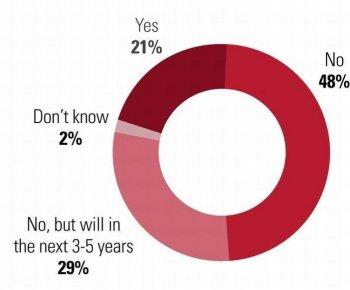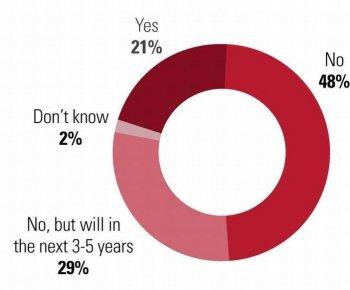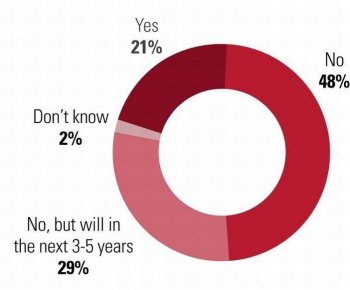Social Responsibility a Low Priority for Canadian Companies
Despite that fact that being socially responsible could benefit their business, the majority of Canadian private companies have placed corporate social responsibility (CSR) low on their priority list, according to a new survey.

Diagrams show how poll respondents view Corporate Social Responsibility. Courtesy of PwC

Joan Delaney
Senior Editor, Canadian Edition
|Updated:





